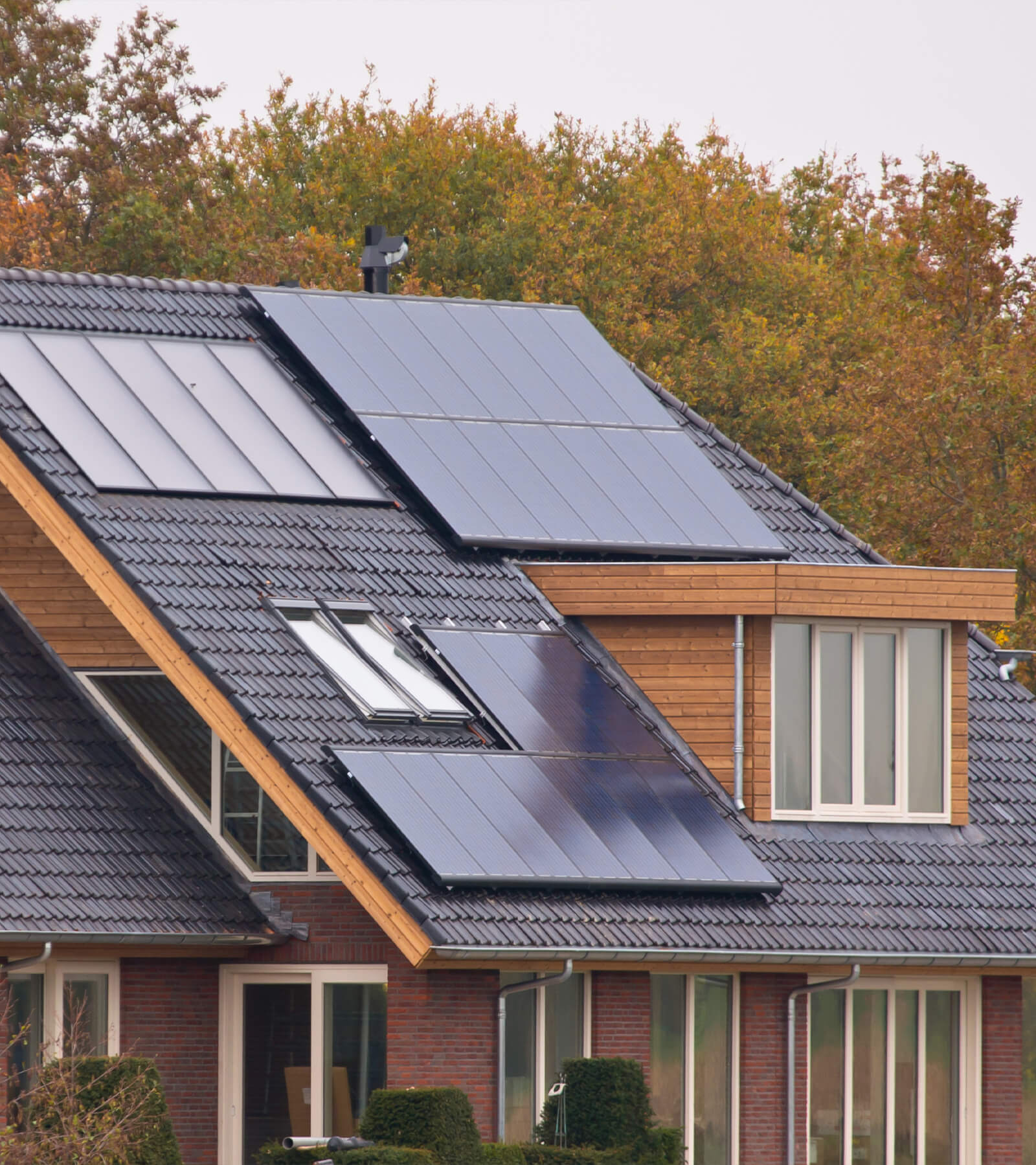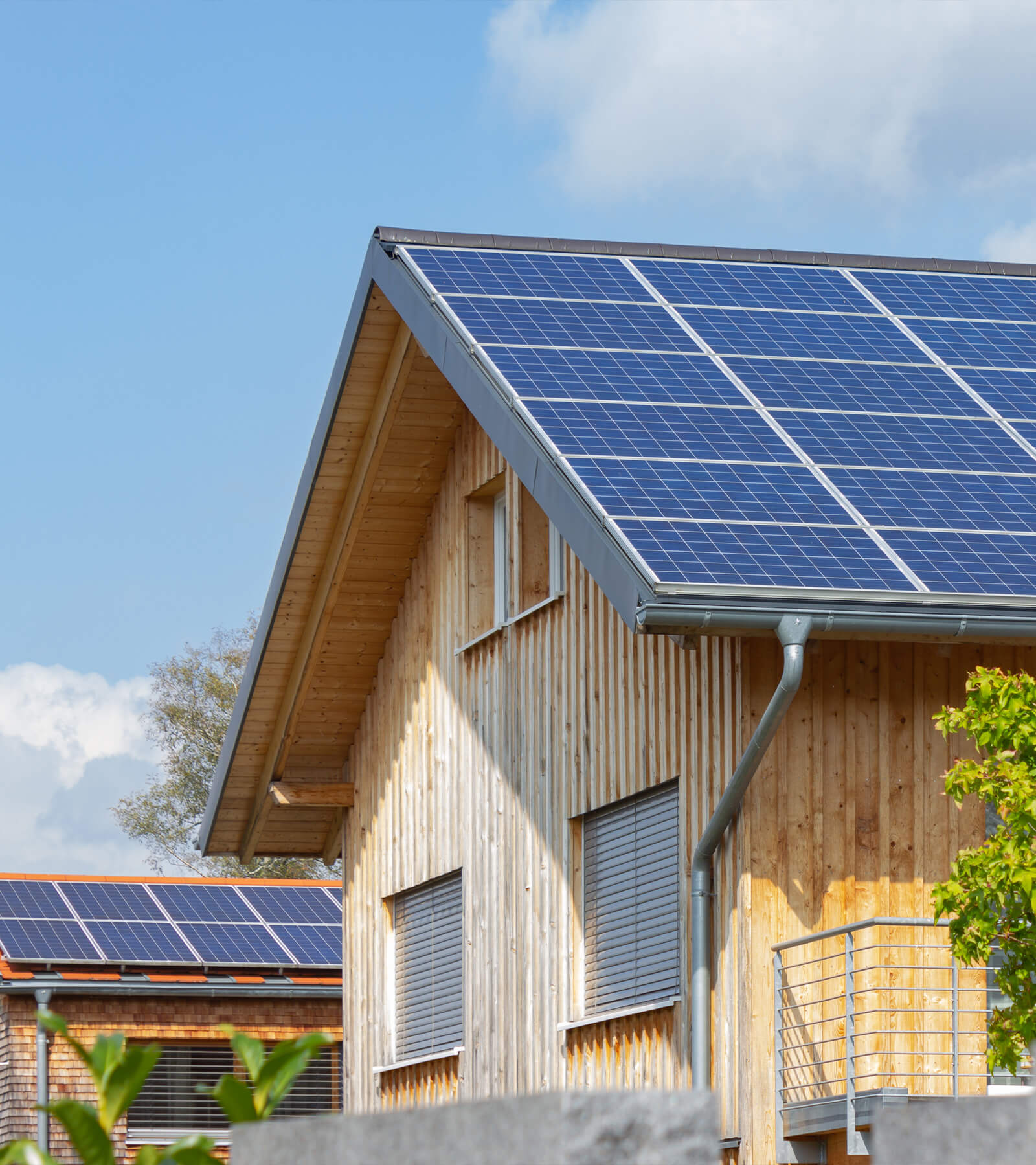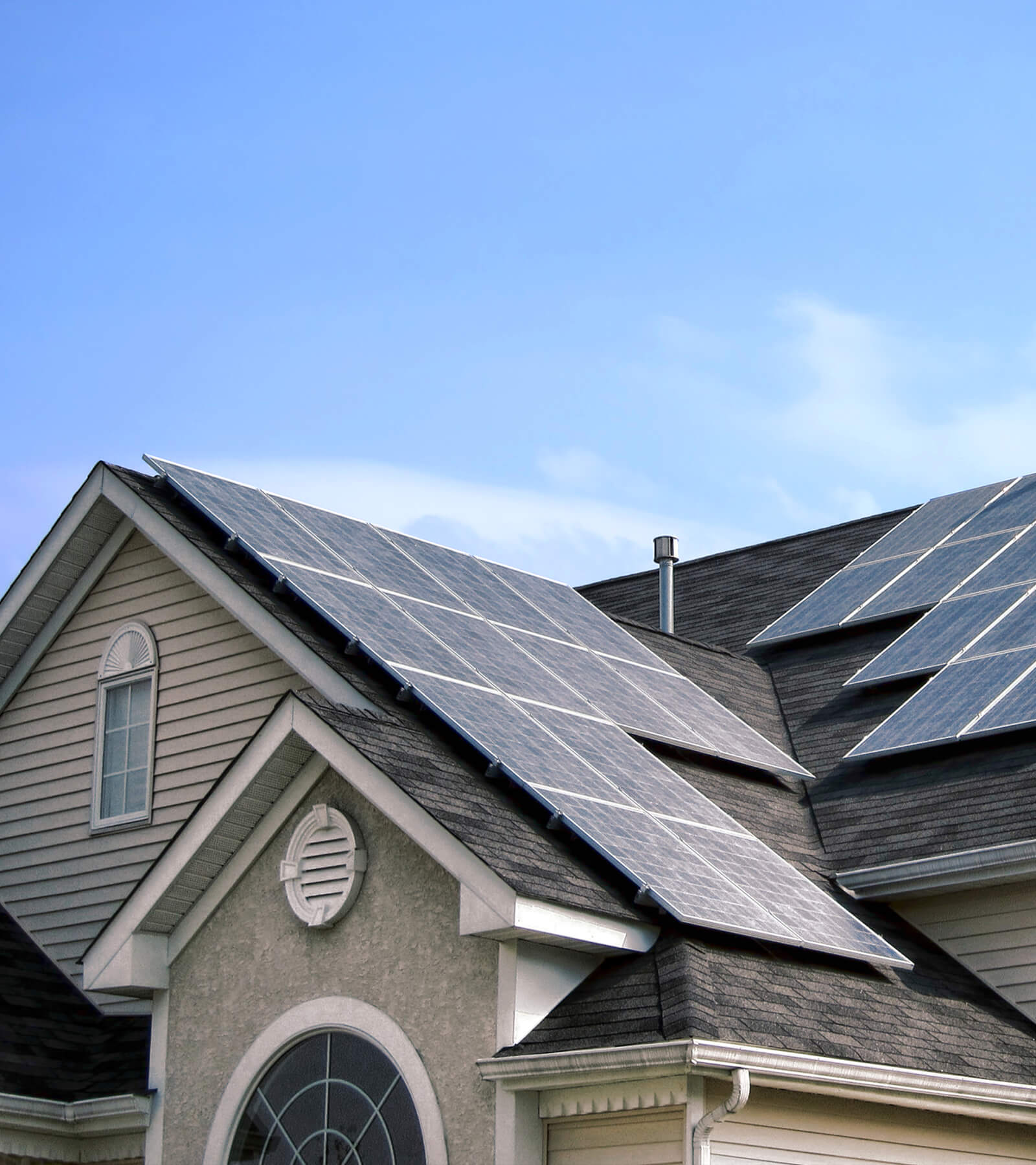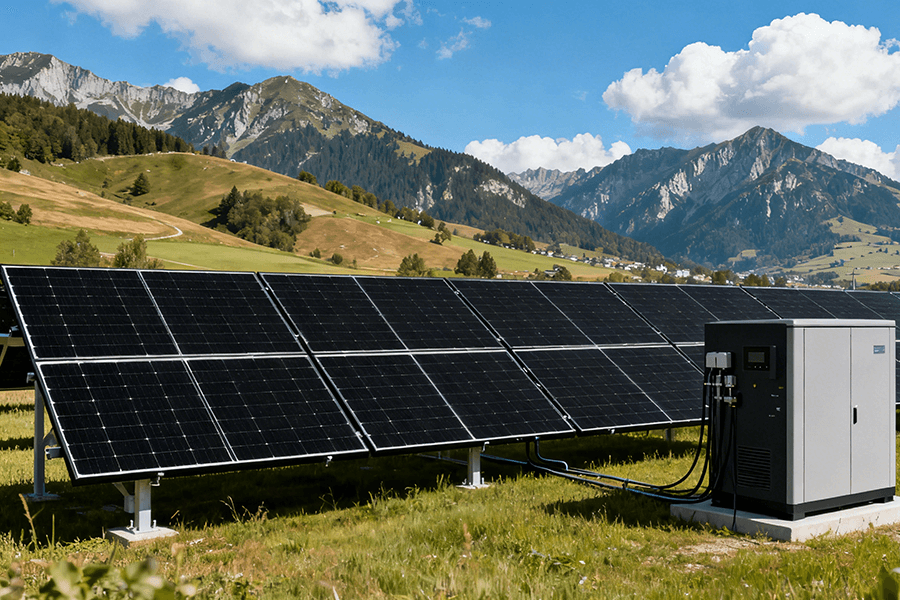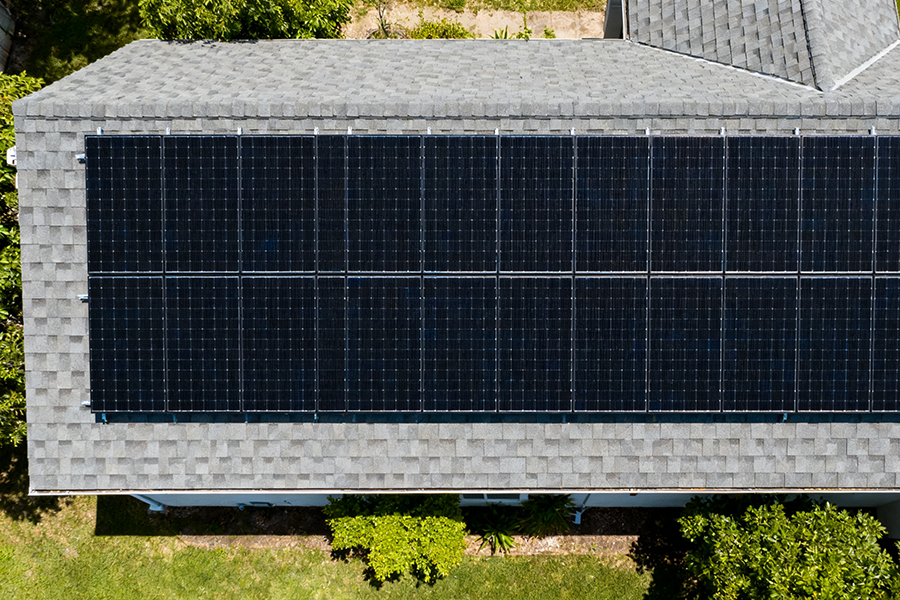
Europe’s Booming Esports Industry Can’t Afford Power Failures
Europe’s esports sector isn’t just growing—it’s accelerating at a pace that would make a pro gamer’s reflexes look slow. In 2024, the regional market size skyrocketed past $1.7 billion (≈€1.58 billion), fueled by a surge in both amateur participation and corporate sponsorships.
This explosive growth is evidenced by the proliferation of over 500 state-of-the-art esports arenas, each designed with cutting-edge technology to host premier events such as the League of Legends European Championship and Counter-Strike: Global Offensive (CS:GO) Majors. These tournaments attract millions of spectators worldwide:
- In-person attendees pack stadiums, creating an electric atmosphere
- Online viewers tune in from every continent, engaging with the action remotely
Revenue streams flow in from multiple sources, including:
- Lucrative sponsorship deals
- Ticket sales from live events
- Valuable media rights
- Merchandise sales
However, beneath the surface of this digital spectacle lies a critical vulnerability: power stability. In the high-stakes world of competitive gaming, a mere 1-second power outage during a major tournament can trigger a domino effect of financial losses:
- Broadcast contracts, often negotiated for millions of euros, can be terminated due to technical failures
- Thousands of ticket holders may demand refunds
- Sponsors may pull out, citing a damaged brand image
Industry analysts estimate that such an incident could result in over €1 million in immediate losses—equivalent to the entire prize pool of a mid-tier esports event.
This is where Battery Energy Storage System (BESS) containers emerge as game-changers. Unlike traditional backup generators, these weatherproof, modular units are designed for seamless integration into existing infrastructure. They function as “energy bodyguards” for esports venues, offering three key advantages:
1. Uninterrupted Power Supply
BESS containers provide instantaneous power during outages, ensuring that servers, lighting, and broadcasting equipment remain operational.
2. Load Management
They can handle extreme load spikes, which are common during esports events when multiple high-performance computers, LED screens, and sound systems are running simultaneously.
3. Sustainability Compliance
With Europe’s ambitious climate goals, BESS containers enable venues to reduce their carbon footprint by storing excess renewable energy for later use.
In essence, BESS containers are the unsung heroes of the esports industry, working behind the scenes to ensure that the show goes on—even when the grid fails. Their role is not just technical; it’s essential for maintaining the integrity and profitability of esports events in an increasingly competitive market.
BESS Containers: Solving Esports Venues’ Biggest Energy Headaches
Esports venues have two non-negotiable energy requirements: zero downtime and enough power to run a small city. BESS containers excel at both—outperforming traditional solutions like diesel generators in nearly every category.
Millisecond-Level Backup Power: Faster Than a Pro Gamer’s Reaction Time
In the high-stakes world of esports, “fast” isn’t enough—it needs to be instant. Traditional diesel generators, the go-to backup for decades, take a painfully long 10–20 seconds to start up. To put that into perspective, in just 10 seconds:
- A live esports broadcast could crash, cutting off thousands of viewers worldwide.
- In a tournament match, the game could freeze, potentially ruining the competitive integrity of the event.
- Viewers, frustrated by the disruption, could quickly switch to another stream, never to return.
BESS containers, on the other hand, offer a revolutionary solution. They deliver backup power in less than 0.2 seconds—a speed that outpaces even the lightning-fast reactions of professional gamers. When an enemy springs an ambush, a pro gamer might react in about 0.3 to 0.5 seconds. The BESS is quicker, ensuring that even the briefest “blips” in the grid—those temporary voltage drops that can spell disaster for sensitive gaming equipment—go unnoticed.
Real-World Win: Berlin’s Mercedes-Benz Arena Esports Center
During the 2024 League of Legends European Championship (LEC) Finals, held at Berlin’s state-of-the-art Mercedes-Benz Arena, a potential crisis loomed. The arena, equipped with a massive 2MWh BESS container, suddenly faced a significant grid fluctuation. But thanks to the BESS, the problem was nipped in the bud.
The BESS kicked in with lightning speed, stabilizing the power supply before players, fans, or broadcasters could even register that there was an issue. Post-tournament analysis painted a picture of perfect performance:
- Zero data loss: All critical game data was safely preserved.
- Zero gameplay interruptions: The match continued seamlessly, maintaining the tension and excitement for players and viewers alike.
- Zero viewer complaints: The broadcast remained smooth, keeping the audience engaged from start to finish.
As the venue’s energy manager aptly put it: “The BESS didn’t just prevent a disaster—it made us forget disasters were possible.”
Handling Peak Loads: Powering 2,000 PCs (and a Mountain of Coolers)
Esports tournaments transform venues into energy behemoths. Here’s a detailed breakdown of the staggering energy demands of a typical large-scale event:
| Equipment Type | Quantity | Power Consumption per Unit | Total Power Consumption |
|---|---|---|---|
| High-End Gaming PCs | 2,000+ | ~500W under load | 1MW – 1.5MW |
| Large LED Screens | 50+ | 1–2kW | 50kW – 100kW |
| Industrial Cooling Systems | N/A | 2–3MW | 2MW – 3MW |
| Broadcast Equipment (cameras, streaming servers, lighting) | N/A | 1–2MW | 1MW – 2MW |
This combination creates peak loads of 5–10MW—an astronomical amount of power that can easily overload local power grids and trip circuit breakers. Enter BESS containers, the unsung heroes that act as “peak load buffers.” By releasing stored energy during these power spikes, they ensure that the grid remains stable and the event runs smoothly.
Real-World Win: Madrid Arena’s 2024 VCT Masters
Madrid Arena, the prestigious venue for the 2024 Valorant Champions Tour (VCT) Masters, was well aware of the energy challenges ahead. To tackle the tournament’s demanding loads, they installed a robust 3MWh BESS system.
Over the three days of intense competition, the arena faced a peak demand of 7MW—significantly exceeding the grid’s 5MW limit for the venue. But with the BESS in place, the excess power was seamlessly supplemented, avoiding any potential disasters:
- No blackouts: The event continued without a hitch, maintaining the excitement for players and fans.
- No overheated PCs: The industrial cooling systems, powered by the BESS, kept the gaming equipment at optimal temperatures.
- No delays: The tournament schedule remained on track, ensuring a great experience for everyone involved.
Post-event reports revealed an additional benefit: the venue avoided an estimated €250,000 in fines for grid overload and lost revenue from potential delays.
Backup Power Face-Off: BESS vs. Diesel Generators
A side-by-side comparison further highlights the superiority of BESS containers over traditional diesel generators:
| Metric | BESS Container | Diesel Generator |
|---|---|---|
| Response Time | <0.2 seconds (instantaneous) | 10–20 seconds (slow startup) |
| Noise Level | 55dB (quiet, comparable to a library) | 110dB (extremely loud, like a jackhammer) |
| Emissions (5MW Site) | 0 tons/week (emission-free if charged by renewables) | 31.7 tons/week (significant CO₂ emissions) |
| Reliability During Tournaments | 100% (proven in Berlin and Madrid cases) | 85% (average, according to DOE data) |
| Maintenance Needs | Monthly checks (minimal, no fuel or oil required) | Daily fuel refills + weekly oil changes (high maintenance) |
In conclusion, BESS containers are not just a better option—they are the future of energy solutions for esports venues, offering unparalleled speed, reliability, and sustainability.
BESS Containers: Saving Money and the Planet
Esports venues don’t just need reliable power—they need power that’s cost-effective and sustainable. BESS containers deliver on both fronts, aligning with European businesses’ financial goals and the EU’s strict environmental regulations.
Peak Shaving & TOU Arbitrage: Cutting Bills by €180k/Year
European electricity prices adhere to a Time-of-Use (TOU) pricing model, where rates fluctuate significantly based on demand. During off-peak hours, typically from 2–6 AM when consumption is low, electricity costs are notably cheaper. Conversely, peak hours between 6–10 PM, coinciding with the staging of major esports tournaments, see a surge in demand and corresponding price hikes.
BESS containers leverage this dynamic pricing structure through two strategic approaches:
- Peak shaving:
-
- By deploying stored energy during peak hours, esports venues can circumvent demand charges — punitive fees imposed for exceeding grid capacity limits.
-
- This not only stabilizes power consumption but also provides significant cost savings.
- TOU arbitrage:
-
- Capitalizing on the price differential, BESS containers are charged during off-peak, low-cost hours and discharged during peak, high-cost periods.
-
- This intelligent energy management strategy maximizes financial efficiency.
Real-World Win: London’s ExCeL Esports Venue
The London ExCeL Esports Venue, a distinguished certified carbon-neutral facility, exemplifies the efficacy of BESS containers. Equipped with a 2.5MWh BESS, the venue implements TOU arbitrage and peak shaving strategies. Annual data reveals remarkable results:
| Metric | Value |
|---|---|
| Annual cost savings | €180,000 |
| Potential use of savings | – 10 small tournaments- Upgrade 500 gaming PCs- Hire 3 additional staff |
| Payback period | 3 years |
As the venue’s finance director aptly noted, “The BESS didn’t just pay for itself in 3 years—it transformed our energy bill from a financial liability into a strategic asset.”
Slashing Carbon Footprints: Meeting the EU’s “Green Esports” Goals
The EU’s “Green Esports” initiative sets ambitious targets for the esports industry:
- By 2030, all large-scale esports venues are mandated to achieve a 50% reduction in carbon emissions compared to 2020 levels.
- They must also source 70% of their energy from renewable sources.
BESS containers play a pivotal role in helping venues meet these stringent requirements. They enable the storage of surplus energy generated by intermittent sources such as solar panels and wind turbines, ensuring a consistent supply of clean energy during tournaments.
Real-World Win: Stockholm’s Solar-Powered Esports Center
Stockholm’s leading esports center serves as a prime example of sustainable energy integration. By combining a 1MW rooftop solar system with a 1.5MWh BESS container, the center has achieved significant environmental milestones:
| Milestone | Achievement |
|---|---|
| Year 1 carbon emissions reduction | 35% (exceeding the EU’s 2025 interim target of 30%) |
| Current solar energy sourcing | 65% (up from 15% prior to BESS implementation) |
| Projected solar energy sourcing by 2026 | 70% |
Reflecting on the center’s sustainability efforts, the sustainability manager stated, “We’re not just hosting gaming events—we’re actively contributing to the EU’s climate objectives.”
Future Trends: BESS Containers as the “Brains” of Esports Energy Systems
BESS containers aren’t just solving today’s problems—they’re shaping tomorrow’s esports energy ecosystems. Two transformative trends are rapidly emerging: AI integration and Vehicle-to-Grid (V2G) synergy. These advancements are not only enhancing operational efficiency but also redefining the sustainability paradigm for esports venues.
AI-Powered Energy Scheduling: Predicting Demand Before It Happens
The next generation of BESS systems is undergoing a technological revolution, integrating seamlessly with advanced esports venue management software. Leveraging the capabilities of Artificial Intelligence (AI), these systems are able to:
- Event-based Analysis: Scrutinize tournament schedules with precision. For example, by recognizing that the finals at 8 PM typically result in a 9MW peak load due to increased lighting, audio-visual systems, and the operation of numerous high-performance gaming rigs, the AI can anticipate energy demands well in advance.
- Weather Forecasting Integration: Predict weather patterns accurately. This allows the BESS to optimize solar charging by scheduling charging sessions during periods of high sunlight availability. By aligning with favorable weather conditions, the system maximizes the utilization of renewable energy sources.
- Real-time Optimization: Continuously adjust the charging and discharging cycles of the BESS in real-time. By monitoring grid prices, energy consumption patterns, and other dynamic factors, the AI ensures that energy usage is optimized to minimize costs. This dynamic approach to energy management ensures that the BESS operates at peak efficiency, regardless of fluctuating external conditions.
This “predictive energy management” approach represents a significant leap forward in energy efficiency. Compared to traditional manual scheduling methods, AI-integrated BESS systems can boost efficiency by 15–20%. This not only translates into substantial cost savings for esports venues but also reduces their environmental footprint by minimizing reliance on non-renewable energy sources.
Real-World Test: Paris’s 2024 CS:GO Major
The practical benefits of AI-integrated BESS systems were demonstrated during the 2024 CS:GO Major held at a premier esports venue in Paris. The venue deployed a 4MWh BESS equipped with state-of-the-art AI capabilities. In the lead-up to the event, the AI analyzed historical data, tournament schedules, and weather forecasts to predict a 9MW peak load during the finals.
Acting on this prediction, the AI automatically initiated a charging cycle for the BESS overnight, taking advantage of lower electricity rates during off-peak hours. As the tournament progressed, the BESS discharged energy precisely when needed, ensuring a stable power supply without overloading the grid. The results were remarkable:
- Cost Savings: The venue achieved a 22% reduction in energy costs for the finals, significantly improving the event’s financial viability.
- Grid Stability: By managing peak loads effectively, the BESS prevented strain on the local power grid, ensuring a seamless experience for both participants and spectators.
Impressed by the success of this trial, the venue announced plans to make AI integration a standard feature for all future events. This decision not only underscores the effectiveness of AI-powered energy management but also sets a new benchmark for the esports industry.
Esports-V2G Synergy: Gaming PCs as “Mini Power Banks”
Another exciting development on the horizon is the application of Vehicle-to-Grid (V2G) technology for gaming PCs. While traditionally associated with electric vehicles, V2G technology is being adapted to transform gaming PCs into dynamic energy assets. Here’s how the system works:
| Phase | Operation | Benefit |
|---|---|---|
| Off-tournament | When gaming PCs are idle during off-tournament periods, their batteries are used to charge the BESS container. | This allows the venue to accumulate energy reserves without incurring additional costs. |
| Grid Interaction | The BESS can then feed excess energy back to the grid, participating in “demand response” programs. | Venues can earn revenue by providing grid services, such as peak shaving and frequency regulation. |
| Tournament | During tournaments, the BESS prioritizes powering the gaming PCs, ensuring uninterrupted gameplay. | This maintains the integrity of the event, providing a seamless experience for players and viewers. |
This creates a circular energy system where gaming PCs, BESS containers, and the power grid are interconnected. PCs power the BESS, the BESS powers the venue, and the venue generates revenue from surplus energy. Although still in the early stages of testing, the potential of this technology is immense. A Berlin-based startup, for instance, reported that 500 idle gaming PCs could charge a 1MWh BESS in just 8 hours—sufficient to power a small tournament for 2 hours.
As these innovative technologies continue to evolve, BESS containers are poised to play an even more critical role in the future of esports. By embracing AI and V2G, esports venues can achieve greater energy efficiency, reduce costs, and contribute to a more sustainable gaming ecosystem.
Why Maxbo Solar Is Your Esports Venue’s Energy Partner (From a Maxbo Expert)
At Maxbo Solar (www.maxbo-solar.com), we don’t just build BESS containers—we engineer comprehensive energy solutions meticulously tailored to the dynamic and demanding landscape of esports. With years of experience designing and deploying systems for high-stakes environments, ranging from bustling construction sites to mission-critical data centers, esports venues have emerged as our fastest-growing and most exciting segment. Here’s an in-depth look at why European venues place their trust in Maxbo Solar:
Speed & Reliability That Matches Esports’ Pace
In the high-octane world of esports, split-second decisions can determine the outcome of a match, and any disruption to the power supply can have far-reaching consequences. That’s why our BESS systems are calibrated to deliver an industry-leading <0.2-second response time—the gold standard for maintaining seamless operations during intense esports tournaments.
To ensure unwavering reliability, each unit undergoes rigorous testing with simulated grid anomalies, including voltage drops and frequency shifts. This thorough testing protocol guarantees that our systems can withstand the most challenging conditions, providing uninterrupted power when it matters most.
In 2024 alone, our BESS systems powered 12 major European esports events, delivering flawless performance with:
- Zero interruptions
- Zero data loss
- Zero complaints from event organizers or participants
Solar Integration That Hits EU Green Goals
As the European Union continues to push for a more sustainable future, the esports industry is also stepping up to meet the challenge. At Maxbo Solar, we’re at the forefront of this movement, offering turnkey “Solar + BESS” packages designed to help esports venues achieve the EU’s ambitious “Green Esports” targets.
One of our flagship offerings is the 1MW solar + 1.5MWh BESS package, which has been successfully implemented at Stockholm’s esports center. This innovative solution has enabled the venue to achieve a remarkable 35–40% reduction in carbon emissions within the first year of operation.
Additionally, thanks to attractive EU renewable energy grants, the upfront costs for adopting this sustainable energy solution are minimized, making it an accessible and cost-effective choice for esports venues of all sizes.
| Feature | 1MW Solar + 1.5MWh BESS Package |
|---|---|
| Carbon Reduction | 35–40% in Year 1 |
| Energy Capacity | 1MW solar, 1.5MWh BESS |
| Cost Efficiency | Reduced by EU renewable grants |
Esports-Specific Design (We Speak Your Language)
We understand that esports venues have unique energy requirements that go far beyond what generic BESS systems can offer. That’s why our units are designed with the specific needs of the esports industry in mind:
Modular Scalability
Our BESS units are highly modular, allowing venues to easily add capacity as their operations grow and evolve. Whether you’re:
- Expanding your facility
- Hosting larger events
- Needing to meet increasing energy demands
Our modular design ensures that your energy solution can scale with you.
Whisper-Quiet Operation
Noise is a major concern in esports venues, where a quiet environment is essential for both spectators and participants. Our BESS units operate at a mere 55dB, ensuring that they blend seamlessly into the background without disrupting the excitement of the event or interfering with live broadcasts.
Rugged Weatherproofing
From outdoor tournaments to rooftop installations, esports events often take place in challenging environments. Our BESS units are built to withstand the elements, with robust weatherproofing that protects against:
- Rain
- Snow
- Dust
- Extreme temperatures
Smart Software Integration
We’ve integrated our BESS systems with leading esports management software, enabling AI-driven scheduling and optimization. This intelligent integration allows venues to:
- Maximize energy efficiency
- Reduce costs
- Ensure that power is available precisely when and where it’s needed
Ready to see our solutions in action? Visit www.maxbo-solar.com to explore our 2025 esports case studies, featuring successful installations at iconic venues such as Berlin’s Mercedes-Benz Arena and Madrid Arena’s VCT Masters setup. At Maxbo Solar, we don’t just sell equipment—we build comprehensive energy safety nets that safeguard your most important events and ensure your venue’s success in the competitive world of esports.
Conclusion: BESS Containers Are Non-Negotiable for European Esports
For European esports venues, BESS containers aren’t a luxury—they’re the backbone of successful operations. These energy storage powerhouses deliver a trifecta of critical benefits:
- Zero Downtime: Eliminate the risk of game-breaking outages
- Peak Load Management: Handle sudden spikes in power demand
- Cost Savings: Slash energy bills by six figures annually
- Sustainability: Help meet the EU’s ambitious green energy goals
Industry forecasts predict a seismic shift in adoption rates:
- 2024: Only 30% of large-scale European esports venues use BESS systems
- 2028: An estimated 90% of venues will deploy these essential systems
In a high-stakes industry where milliseconds matter and technical failures spread like wildfire, BESS containers offer the only foolproof solution for flawless events.
The next time you watch a seamless esports tournament, remember the unsung hero behind the scenes. Beyond the star players, dazzling screens, and roaring crowds, a BESS container works silent magic to keep the action flowing.
Ready to bring this game-changing technology to your venue? Maxbo Solar has the expertise and solutions to power your esports success.

